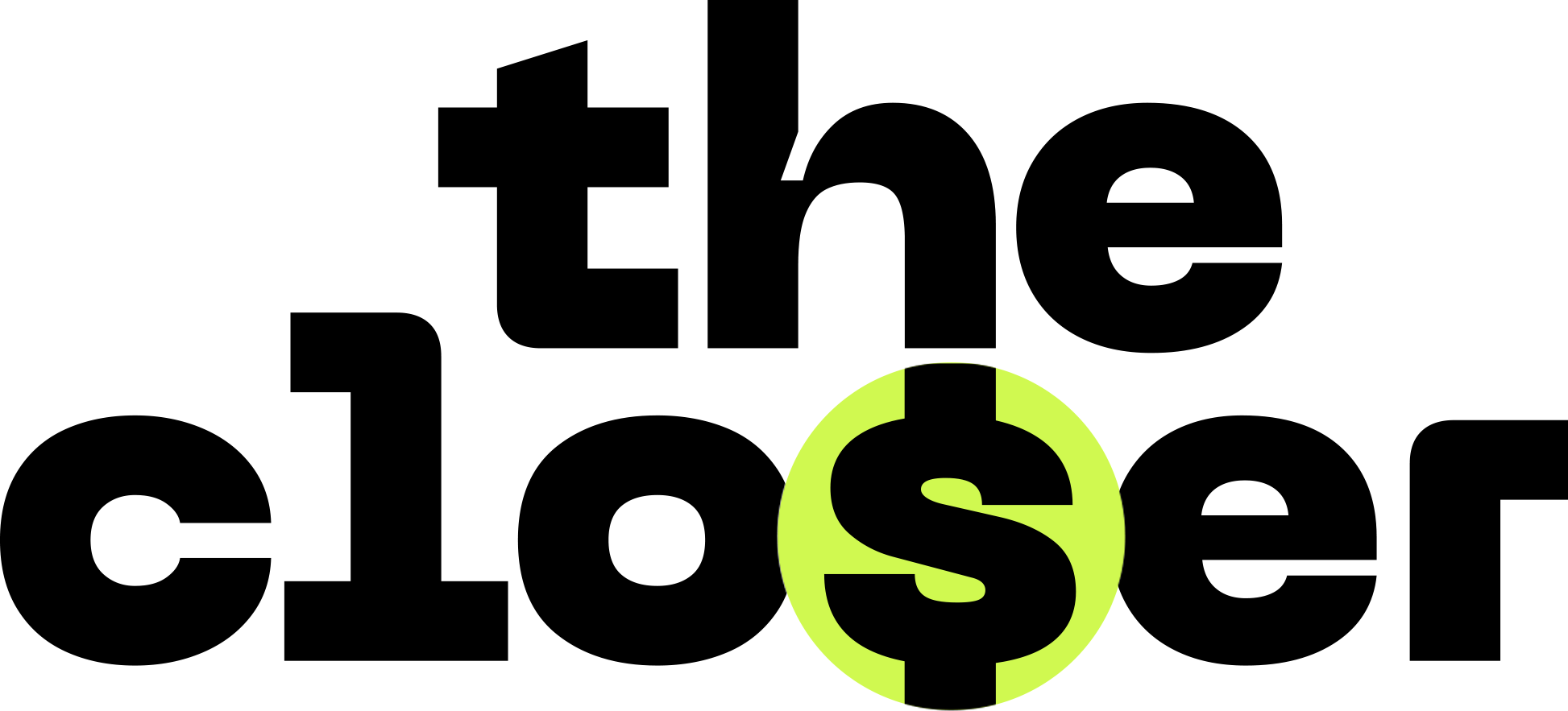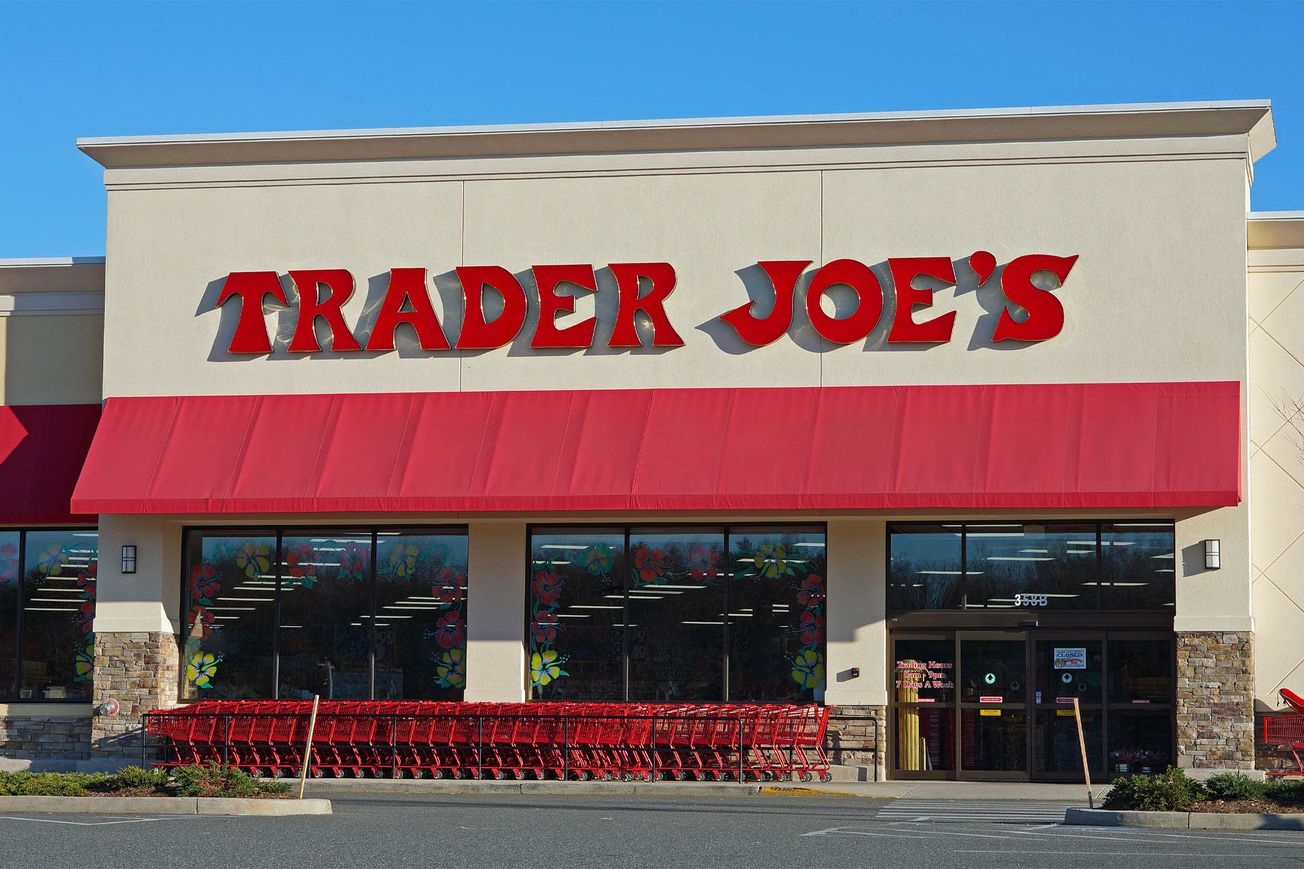House Speaker Kevin McCarthy was in New York Monday, making a pitch at the NYSE for his plan to end the debt-ceiling standoff.
His proposal is to agree to raise the U.S. debt ceiling, thus avoiding the U.S. defaulting on its debt, in exchange for Democrats going along with work requirements for food stamps and Medicaid benefits.
A lot of the political punditry about the debt-ceiling focuses on what Congressional Democrats or President Joe Biden can cede or what less-hardline Republicans can do to push their party to do and within those lines of analysis, McCarthy’s proposal doesn’t really move the needle: there’s no actual legislative bill attached to it; it’s dead on arrival in the Senate nevermind the White House; it’s unclear if McCarthy’s own party supports it.
Broadening the view beyond Washington, what’s really going to avert the impending crisis is for Wall St. to act like a crisis is impending.
Overall, investors have been extremely sanguine about the dangers of an actual debt-ceiling triggered U.S. default for a while.
Back in January, investors effectively refused to imagine a scenario in which a solution was not found. “Most investors who follow this closely are very aware the United States will not default on its bonds,” Barclays global research chair told Politico back in January. No legislative deal was cut, in part because markets were placid about the whole thing, and the crisis was forestalled by special budgetary measures being implemented by the Treasury Department.
Wall St. fairly obviously knows that a U.S. default would be financially catastrophic, but this understanding is itself part of the problem, because as a result Wall St. fails to produce the market turmoil that is the signal to lawmakers that they are driving towards doom.
What’s needed is a bit of financial method acting: investors need to embody the emotional state of a financial system veering towards disaster.
Monday provided what might be an audition for this role: three-month Treasury bills were auctioned at the highest yield since 2001. That’s a start but a much more convincing and sustained performance is going to be needed from markets to wrap up this episode.
Closers in the News
👨⚖️ The end of faking it in Silicon Valley: the New York Times reports on the trend of high-level tech executives being charged with criminal conduct and facing jail time.
🏦 Apple and Goldman Sachs have a new 4.15% high-yield savings account, which comes after Goldman abandoned its strategy of building out a full-service consumer bank last fall.
💰 The joint Apple-Goldman high-yield account comes as US depositors have pulled almost $60 billion from Charles Schwab, State Street and M&T as they look for returns that match the recent rise in interest rates.
🍴 Hank Paulson has lunch with the FT: “[CEOs] are quiet because if you’re a CEO and you have business in China, and you look at what’s acceptable to say in China and what’s acceptable to say in America and you draw a Venn diagram, there’s very little white space.”
Get in touch! Tell us what you want to hear and read.







